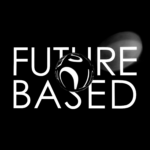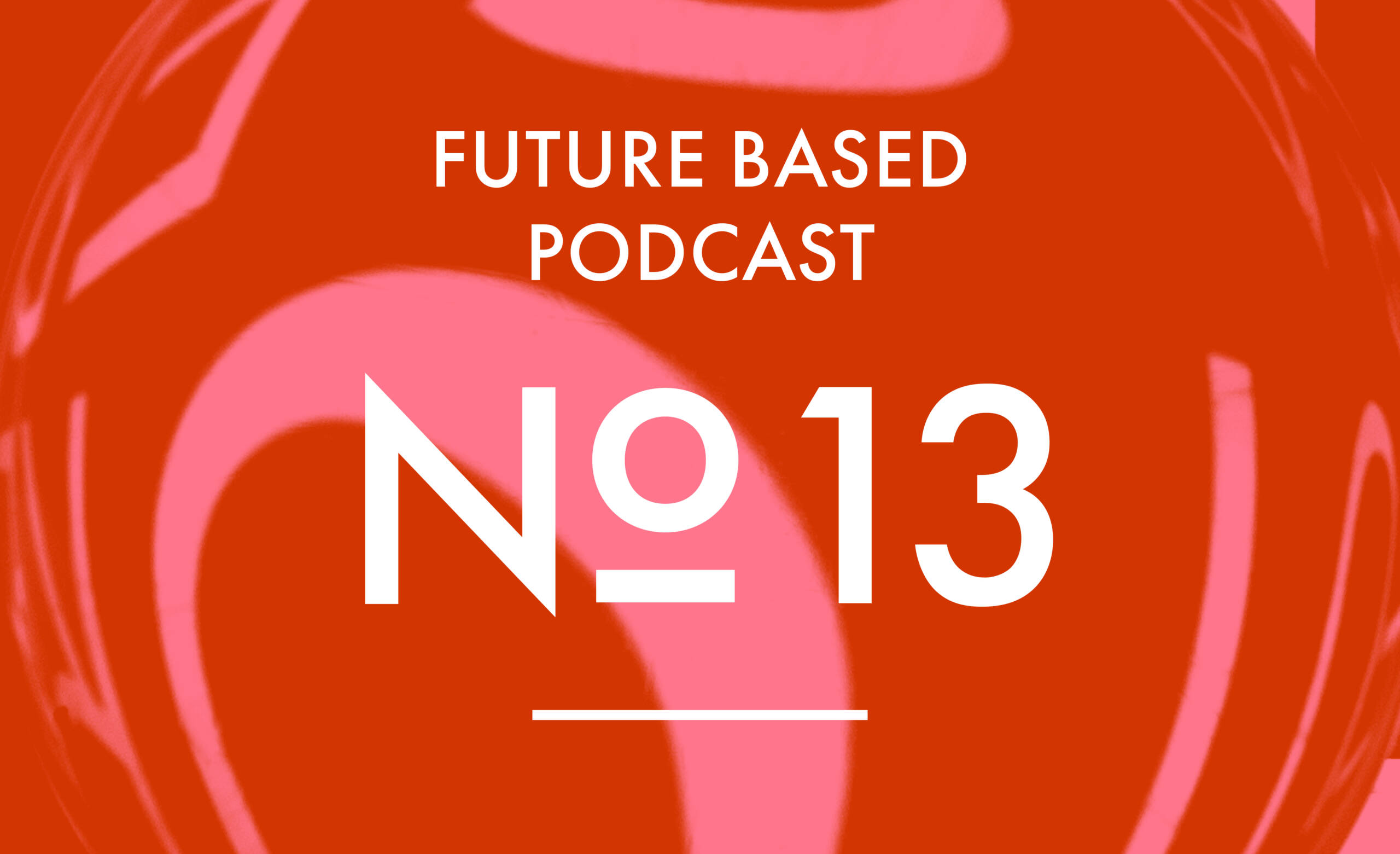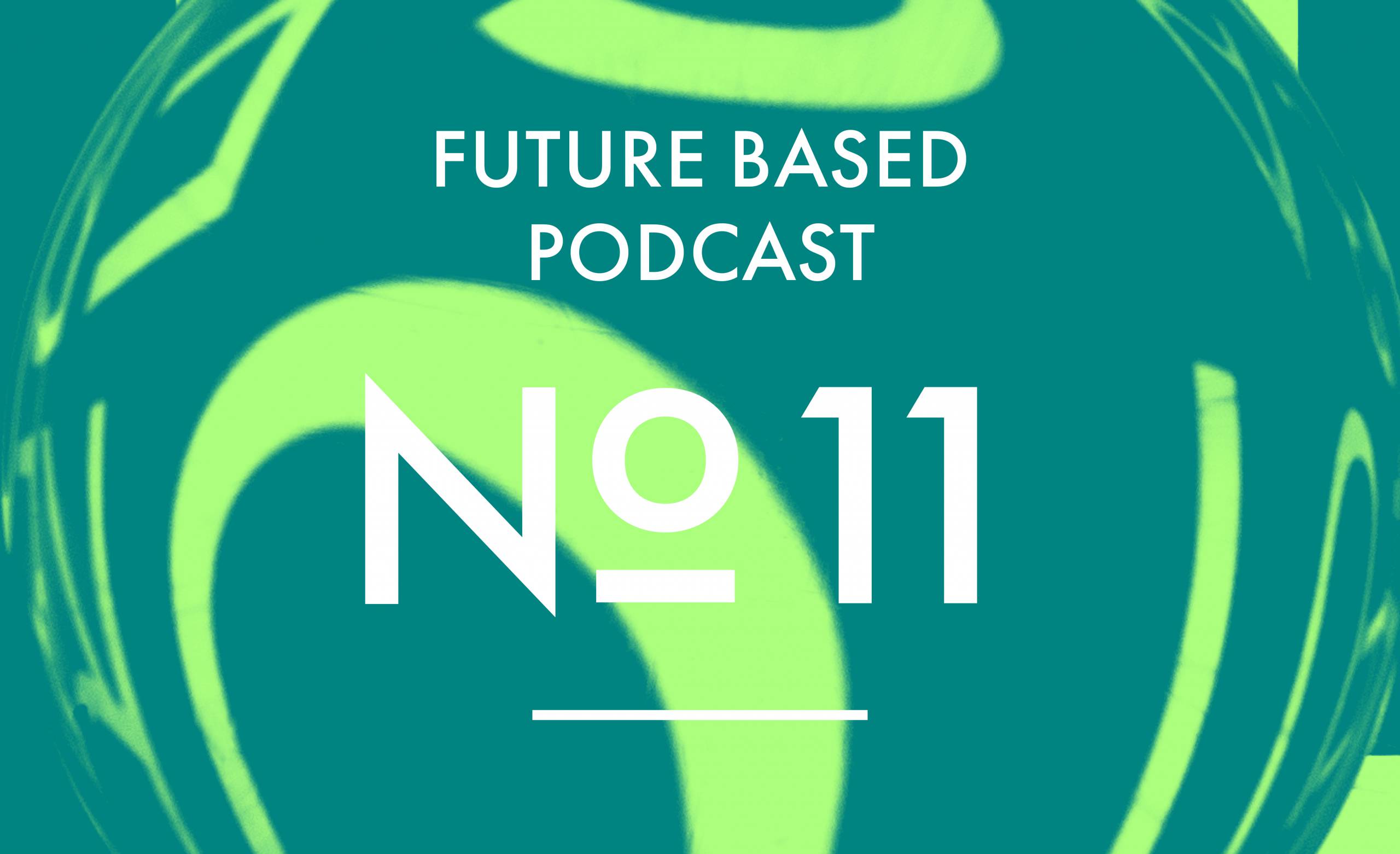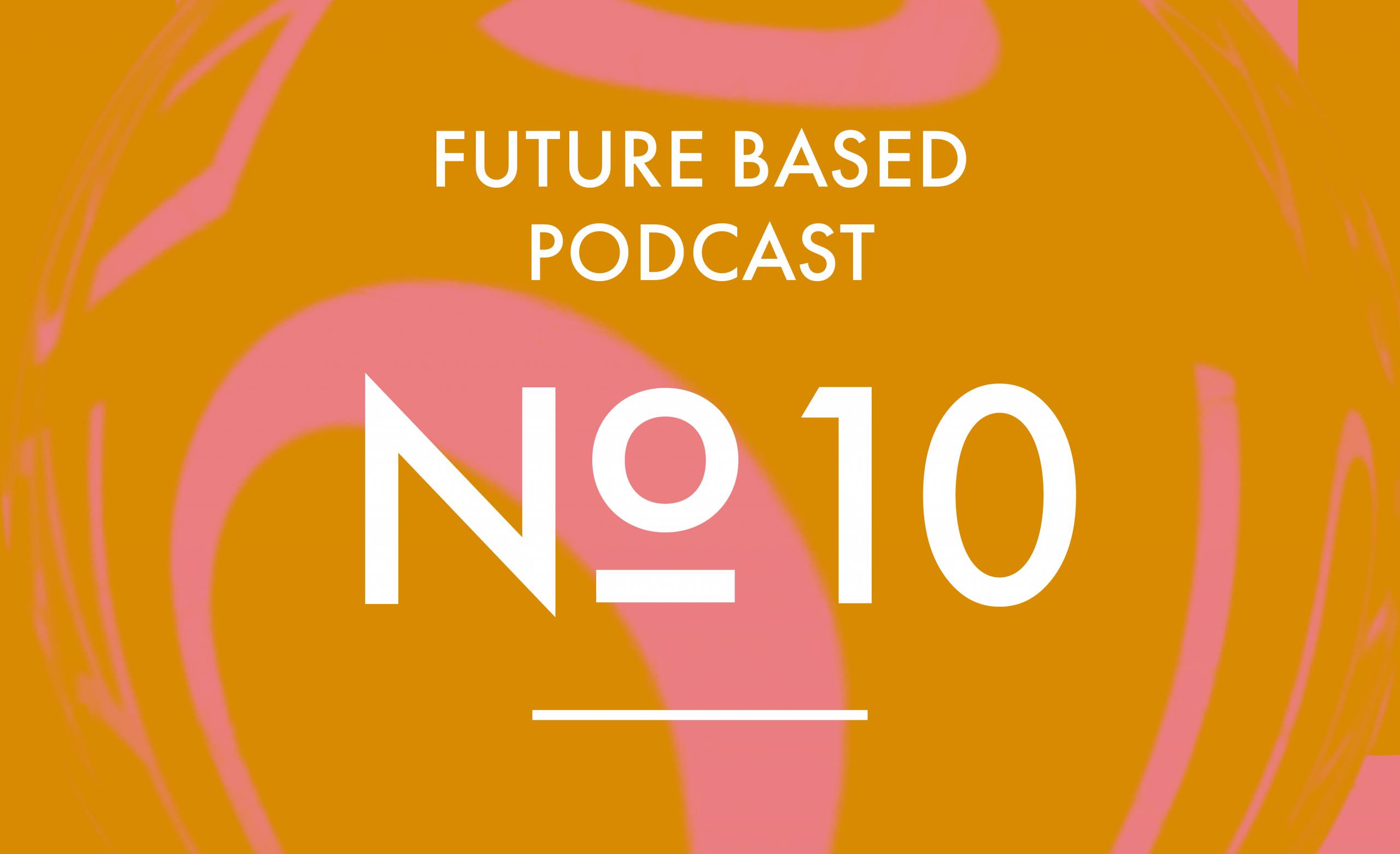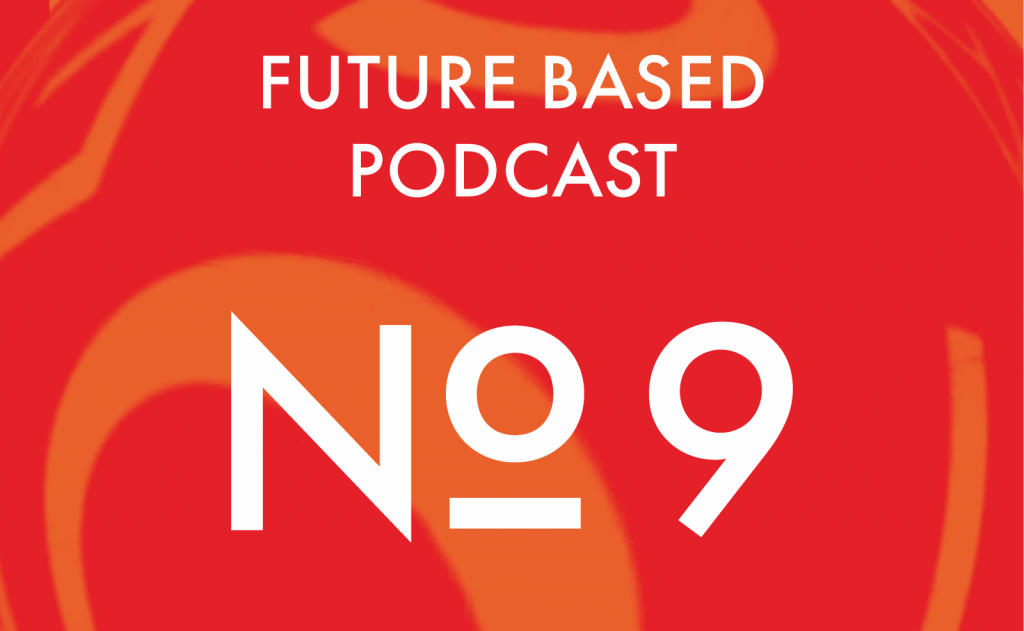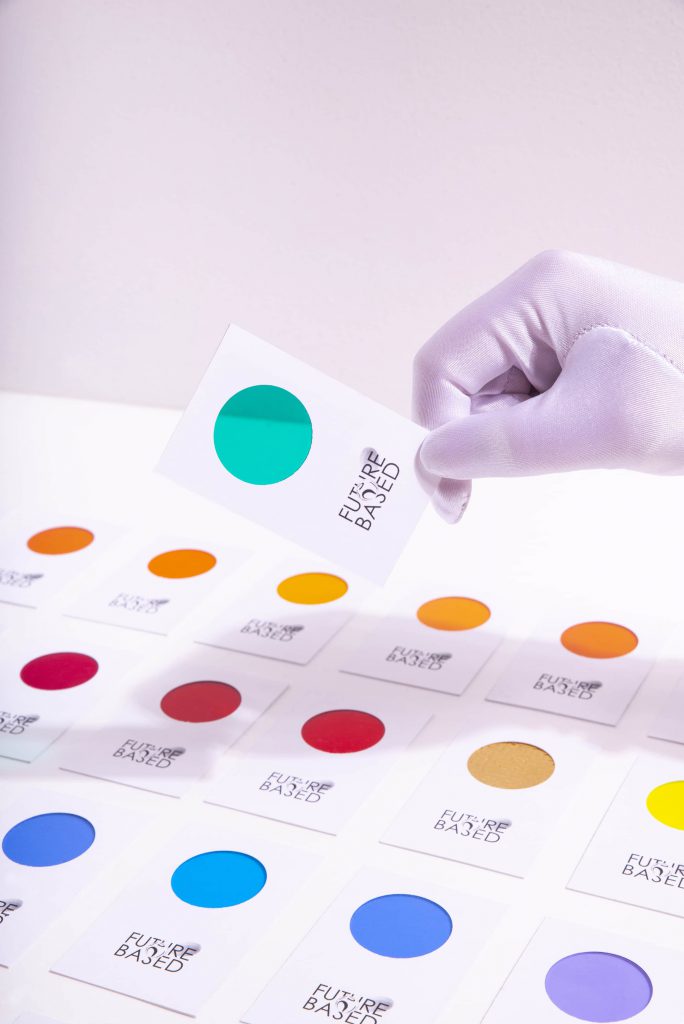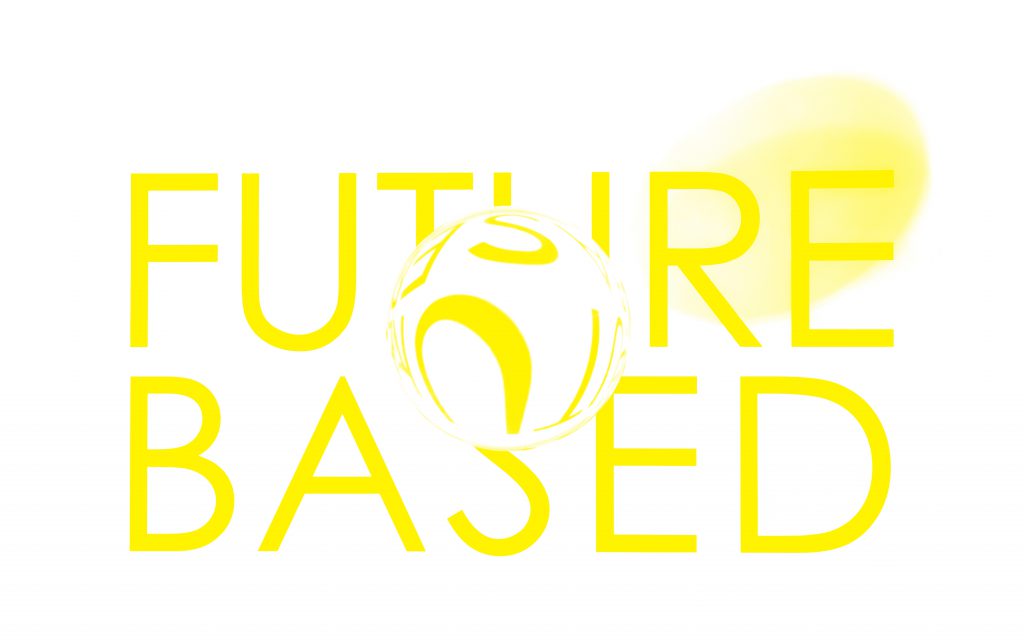New Rituals – Lisa Mandemaker
Future Based2020-07-03T14:22:49+02:00Lisa Mandemaker is a social designer with a strategic, contextually aware and critical approach to research and practice. She considers design as a tool for debate and crafts (future) narratives through designed artifacts, using these as a form of storytelling to challenge assumptions, question or excite. Making impactful, topical work and creating strong interventions [...]
